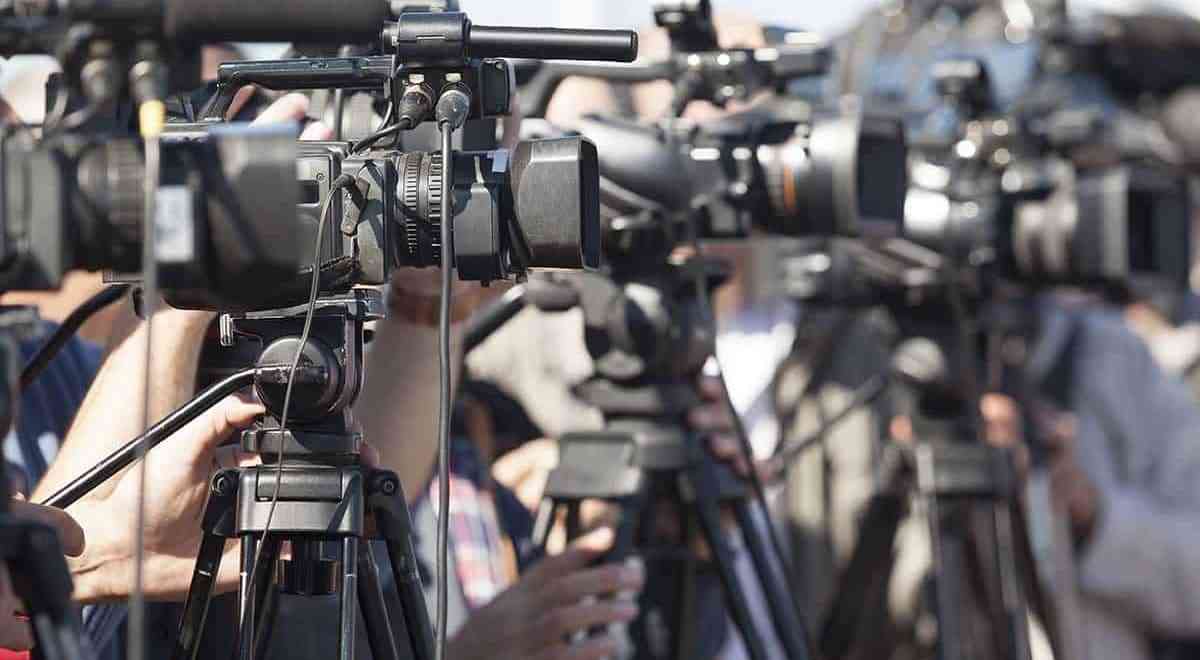
THE year 2022 has not been kind to journalism. News organisations are still in the throes of the COVID-19 pandemic, and earnings have suffered as a result.
As has become the norm globally, in the midst of trying to balance strategy and survival, journalists are always forgotten.
The media plays an important role in communities. Often referred to as the Fourth Estate, it plays the informative, educative and entertainment roles in a society.
For the most part, communities get contact with the world through the media, allowing free flow of accurate and fact-checked information from all corners of the world.
At the centre of all the flow of information are journalists, who, for a long time, have become an afterthought in the thinking of the proprietors of media houses.
Reports suggest that a large section of the global community is suffering from mental health problems wrought by the COVID-19 pandemic.
Journalists are ignored in the discussion, and yet they are at the axis of information dissemination.
In Zimbabwe, various unions are in existence, but a few of them offer psycho-social support.
- Young entrepreneur dreams big
- Chibuku NeShamwari holds onto ethos of culture
- LSU students win innovation prize
- Chamisa party defiant after ban
Keep Reading
Journalists have to contend with nocturnal schedules, tight deadlines and potentially unsafe and dangerous reporting atmosphere, these conditions can lead to mental health complications for journalists.
Researchers agree that: “In the midst of a public health crisis like the COVID-19 pandemic, journalists play an important role of sharing information of consequence with the public. As first responders to precarious events, they work in close proximity to the threat they are reporting on yet at the same time struggle with other personal and professional responsibilities which is strenuous on their mental health.”
The absence of help has often made journalists acclimatise to the abnormal situation.
Because of COVID-19 pressures on the economy that threatened jobs, those who remained in the newsrooms continue to face threats of layoffs, increased workload, inconsiderate employers and brutality from law enforcement agencies, adding to the mental health complications.
This year, several journalists were arrested while some were victims of political violence which left them nursing injuries. In all these incidents, there was little to no support for their mental well-being.
Covering tense situations like the gruesome murder of Citizens Coalition for Change activist Moreblessing Ali also present traumatic experiences for which nobody cares to lend an ear or make a follow-up on the journalists covering the incident.
Add poor working conditions and poor salaries that often come very late, journalists in the country are facing a serious mental health crisis.
Newsroom conditions, including excessive pressure and demand to beat deadlines, toxic mechanisms and sexual harassment, create permanent scars that, if not attended to, develop into a perpetual mental health cycle.
There has been an unprecedented surge of violence online against journalists, with some government officials and public figures going after scribes online trying to discredit them.
According to international women’s media foundation executive director, Elisa Lees Muñoz: “The impact of online violence on journalists’ health and wellbeing cannot be overstated. Digital abuse leads to dire consequences, including an inability to work, a loss of livelihood and a disintegration of press freedom.”
As we approach the 2023 harmonised elections, we are likely going to witness an increase in violence against journalists, and with it, a rise in mental health issues.
It’s high time the Zimbabwe Media Commission and like-minded organisations included the welfare and wellness of journalists in their operations.
At micro-level, media organisations need to provide practical support for journalists and on a macro-level, the government needs to design specific models for assisting journalists deal with issues of mental health.







